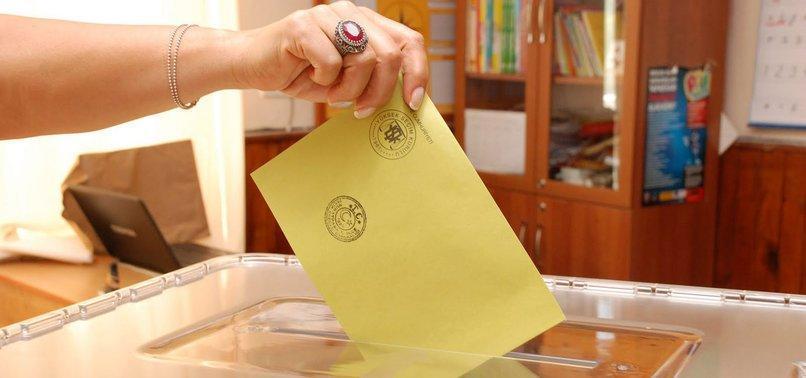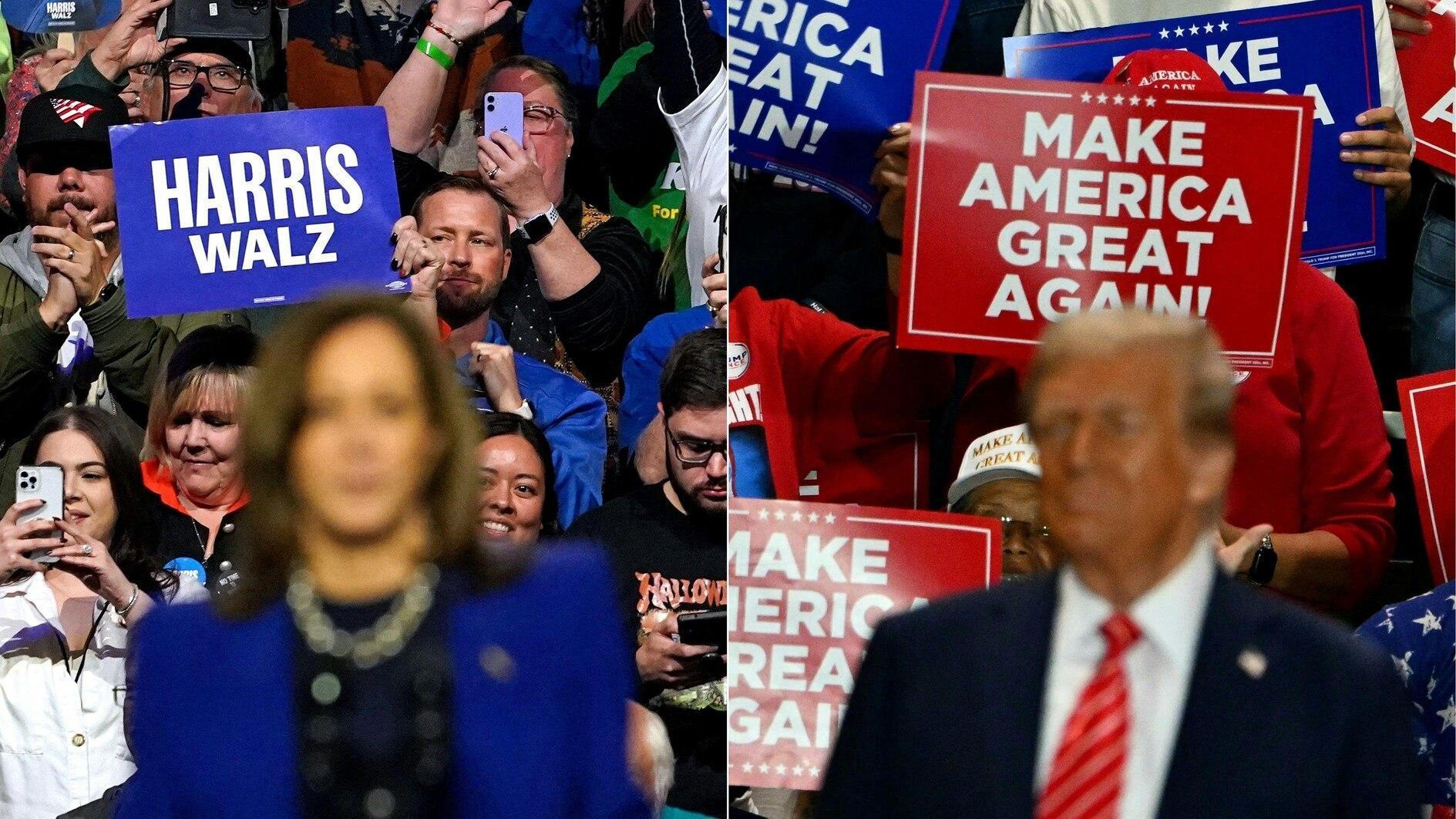ODIHR opens observation mission for Turkey’s snap elections
Sevil Erkuş - ANKARA

The OSCE’s Office for Democratic Institutions and Human Rights (ODIHR) formally opened its election observation mission in Turkey on May 24 for the snap presidential and parliamentary elections to take place on June 24.
Along with 12 experts based in Ankara, 22 long-term observers and will be deployed throughout the country, OSCE Ambassador Audrey Glover told reporters in Ankara on May 24.
Some 350 short-term observers and members from the Parliamentary Assembly of the Council of Europe (PACE) and the OSCE will also join the team, Glover said. On the day after the elections, the mission will join with observer delegations from the OSCE Parliamentary Assembly and PACE to issue a statement on preliminary findings and conclusions at a press conference.
The body has opted to increase its number of observers because “it is thought that it will be useful and interesting to have some short-term observers here to observe the whole electoral process thoughout the country,” Glover said.
“We have noted the legal frameworks that have changed and the areas that remain a concern for us. There are also changes in election procedures and vote-counting procedures that will require the presence of a short-term observers. In addition to that, some interlocutors have expressed concerns about the election administration, which is one of the reasons we have recommended a higher number of observers,” said Vladimir Misev, an OSCE/ODIHR election adviser.
The ODIHR will issue its final report on the observation of the entire electoral process around eight weeks after the end of the observation mission. The mission’s deployment follows an invitation from the Turkish authorities.
During the mission the team will meet state authorities, candidate representatives, and representatives of political parties, civil society, media, lawyers, judges and the international community, Glover said.
On election day, observers will monitor the opening of polling stations, the voting process, the counting of ballots, and the tabulation of results.
“Our role is to observe the election process and report, not to interfere,” Glover said, adding that the body is not made up of “election police, supervisors or politicians.”
The ambassador said they are not interested in the outcome of the elections, but rather in ensuring that the process is transparent and conducted in line with OSCE commitments such as equality, fairness, impartially and secrecy.
“We are absolutely neutral in our approach. Our role is to provide technical assessment of the process. Then it is the role of the society, political parties and the government to decide how to use these recommendations. We are totally impartial and we will let the facts speak for themselves,” she said.
The team will pay particular attention to voter of registration process, the candidate registration process, the media environment, campaign financing, resolution of complaints and appeals, and the work of the election administration and relevant state agencies, Glover added. The participation of women and minorities in the electoral process, along with the implementation of recommendations made by previous observation missions, will also be scrutinized.
















